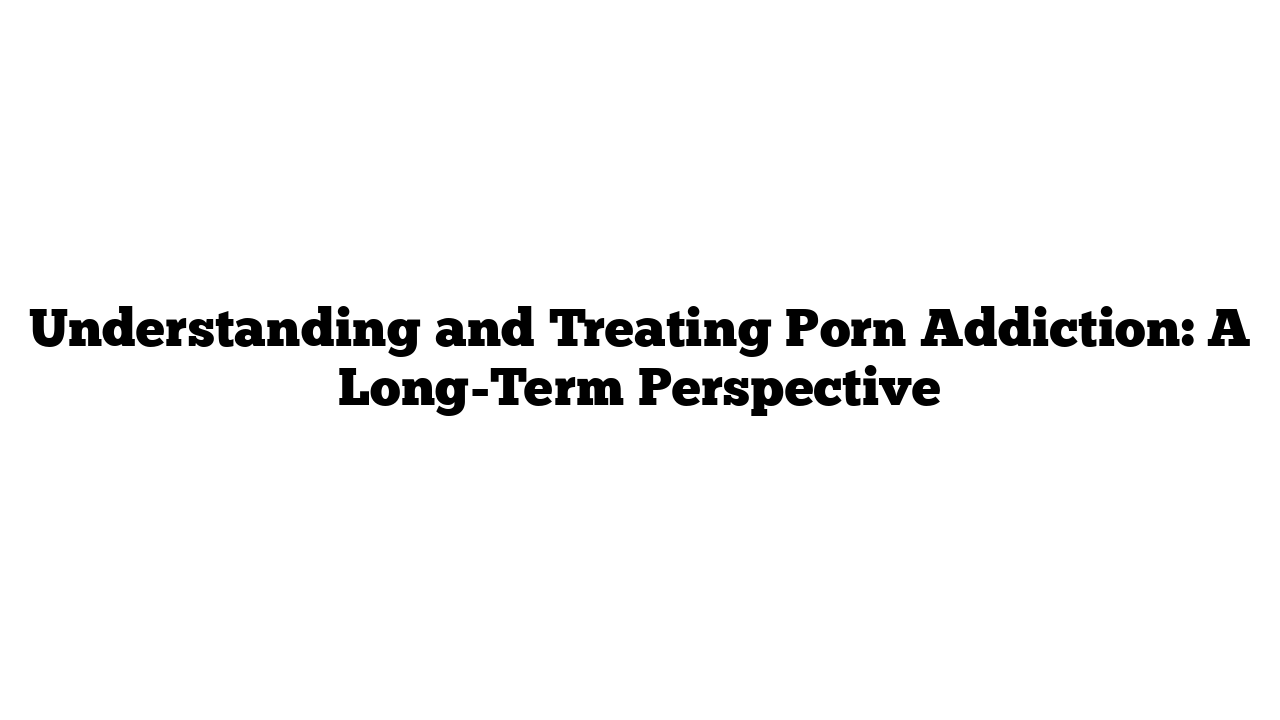Porn addiction is a growing concern, particularly among young men who are increasingly exposed to pornography from a young age. This article explores the long-term effects of pornography on the brain and relationships, and discusses how doctors and therapists are helping individuals escape this addiction.
The Early Start of Addiction
Many men report starting their journey with pornography in their teens or even earlier. For example, one individual recalled being first exposed at just eight years old, and by high school, he was watching porn daily. This early exposure often leads to an addictive pattern that can severely impact adult relationships.
Impact on Relationships
The addiction to pornography can distort perceptions of attraction and intimacy. Partners may feel inadequate or unattractive due to their significant other’s consumption of porn, unaware that the issue lies with the addiction, not their worth.
Neuroscience Behind Porn Addiction
According to neurosurgeons, constant exposure to pornography can rewire the brain, creating a preference for pixels over real-life connections. This rewiring occurs because the brain begins to crave the novelty of new images and experiences.
Functional MRI studies show that the brain’s reward center lights up similarly for individuals addicted to porn as it does for those addicted to substances like cocaine. This highlights the powerful effect pornography can have on the brain.
Differing Perspectives on Addiction
While some experts argue that porn addiction should be treated like other addictions, such as drug or alcohol dependency, others caution against labeling it as such. A Houston sex therapist pointed out that the physiological withdrawal symptoms seen in substance addiction are not the same in porn addiction. Instead, understanding how pornography fits into a person’s life and relationships is crucial.
Paths to Recovery
One individual, who has abstained from porn for six years, emphasizes the unhealthy nature of porn and seeks to help others through online support groups. He founded a website that has grown to 10,000 members, primarily young men dealing with erectile dysfunction or porn addiction.
Recommendations for Parents
Experts recommend that parents talk to their children about the dangers of internet pornography. It’s important to stress that what is viewed online often does not represent real-life experiences. Encouraging the formation of healthy, real-life relationships can help mitigate the risks associated with porn.
Conclusion
Understanding porn addiction’s impact on the brain and relationships is essential for fostering healthier interactions and emotional well-being. Open communication, both in families and support communities, can help individuals address this issue constructively. If you or someone you know struggles with porn addiction, consider seeking support from professionals or online communities dedicated to recovery.
For more insights on health and wellness, visit medicaltimes.io.
